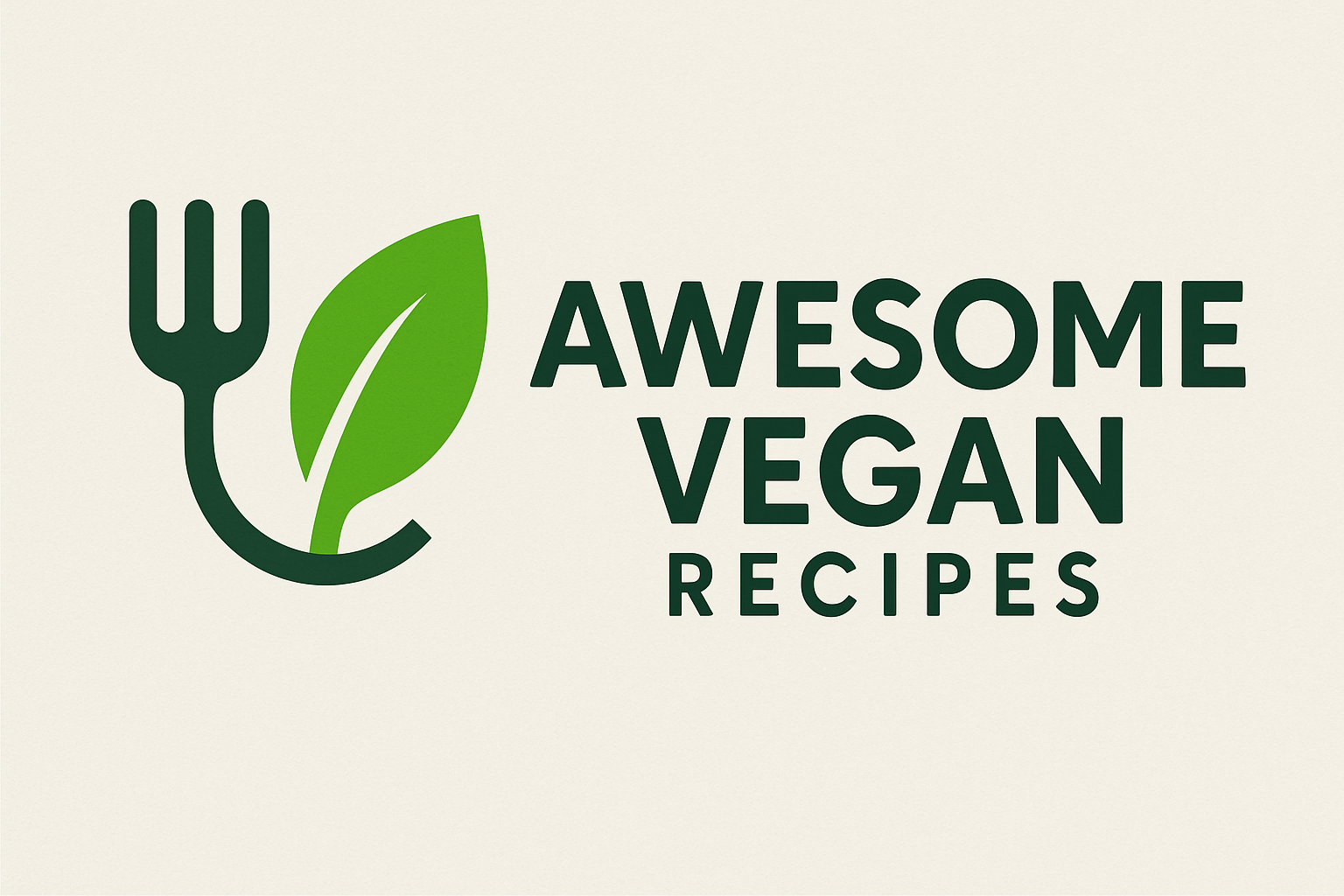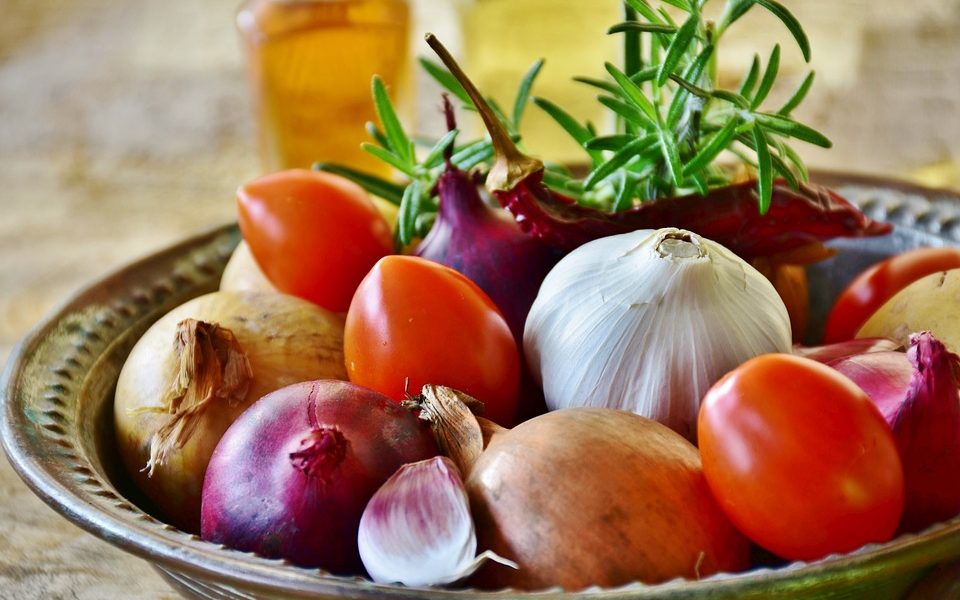Unlocking the Power of Plant-Based Sources for Essential Minerals
Unlocking the Power of Plant-Based Sources for Essential Minerals
In today’s world, more and more people are turning to a plant-based diet for a variety of reasons, whether it be for health, ethical, or environmental concerns. One concern that often arises when transitioning to a vegan diet is ensuring that you are getting an adequate amount of essential minerals. However, with a little knowledge and planning, it is entirely possible to meet your mineral needs through plant-based sources.
Calcium:
One mineral that many people associate with dairy products is calcium. However, there are plenty of plant-based sources of calcium that can easily be incorporated into a vegan diet. Some excellent sources of calcium include green leafy vegetables such as kale, collard greens, and bok choy, as well as fortified plant-based milk alternatives like almond milk or soy milk. Other sources include tofu, tempeh, and calcium-fortified orange juice.
Iron:
Iron is essential for carrying oxygen throughout the body and is found in a variety of plant-based sources. Legumes such as lentils, chickpeas, and black beans are excellent sources of iron, as are quinoa, fortified cereals, and dried fruits like raisins and apricots. To help increase iron absorption, it is important to consume vitamin C-rich foods such as citrus fruits, strawberries, and bell peppers alongside iron-rich foods.
Zinc:
Zinc is important for a healthy immune system and plays a role in wound healing and cell division. Some plant-based sources of zinc include legumes like chickpeas, lentils, and beans, as well as nuts and seeds like pumpkin seeds, cashews, and hemp seeds. Whole grains like quinoa and brown rice also contain zinc, making it easy to meet your daily needs on a vegan diet.
Magnesium:
Magnesium is involved in over 300 enzyme reactions in the body and is essential for muscle and nerve function, as well as bone health. Some plant-based sources of magnesium include leafy green vegetables like spinach and Swiss chard, nuts and seeds such as almonds, pumpkin seeds, and sunflower seeds, as well as whole grains like brown rice and quinoa. Incorporating magnesium-rich foods into your diet is crucial for overall health and well-being.
Potassium:
Potassium is crucial for maintaining healthy blood pressure and fluid balance in the body. Some plant-based sources of potassium include bananas, sweet potatoes, white potatoes, avocados, and leafy green vegetables like kale and spinach. Including potassium-rich foods in your diet can help support heart health and overall wellness.
Selenium:
Selenium is an essential mineral that plays a key role in thyroid function and antioxidant defense. Plant-based sources of selenium include Brazil nuts, sunflower seeds, whole grains like brown rice and quinoa, as well as legumes like lentils and chickpeas. It is important to consume selenium in moderation, as excessive intake can lead to toxicity.
Iodine:
Iodine is essential for thyroid function and is crucial for hormone regulation in the body. While iodine is primarily found in seafood, there are plant-based sources of iodine that can help meet your daily needs. Some sources of iodine include iodized salt, seaweed such as nori or kelp, and fortified plant-based milk alternatives.
In conclusion, with a little knowledge and planning, it is entirely possible to meet your essential mineral needs on a plant-based diet. By incorporating a variety of nutrient-dense foods into your meals, you can ensure that you are getting an adequate amount of calcium, iron, zinc, magnesium, potassium, selenium, and iodine. A balanced vegan diet can provide all the essential minerals your body needs to thrive, while also benefiting your health, the environment, and animals. Unlock the power of plant-based sources for essential minerals and nourish your body from the inside out.






